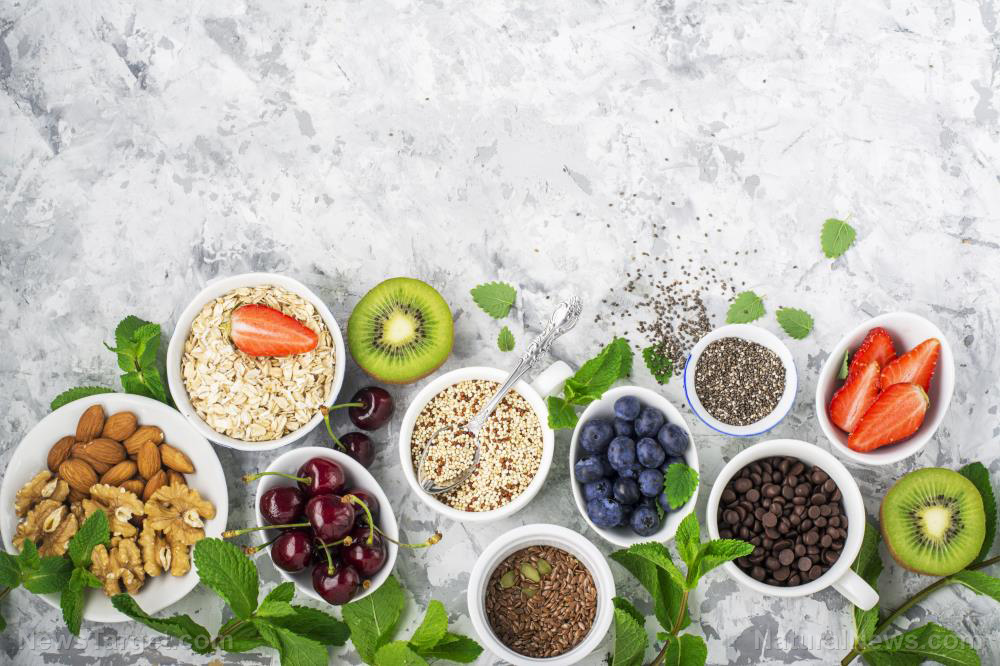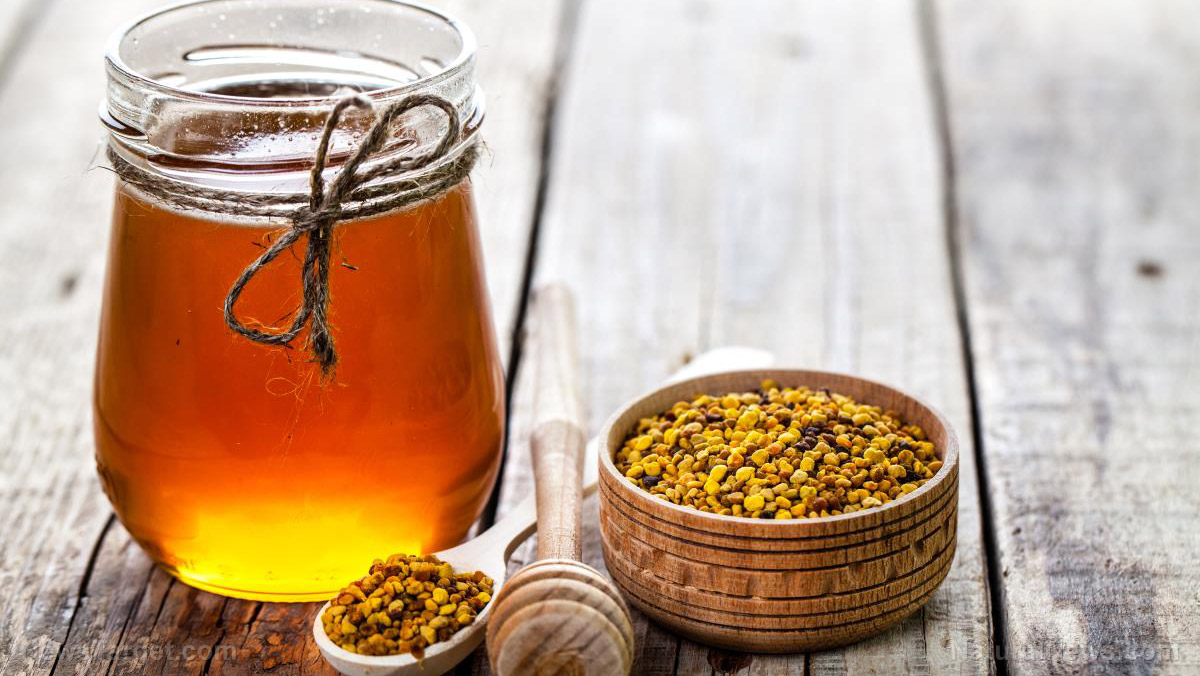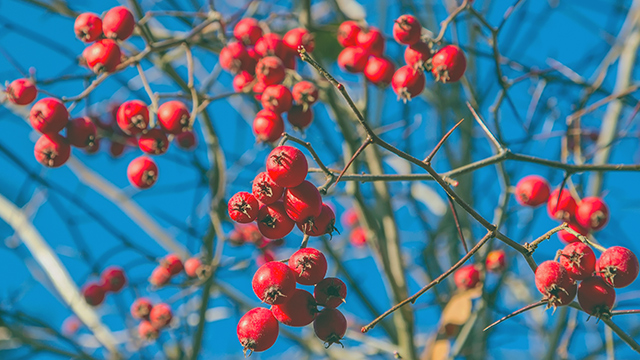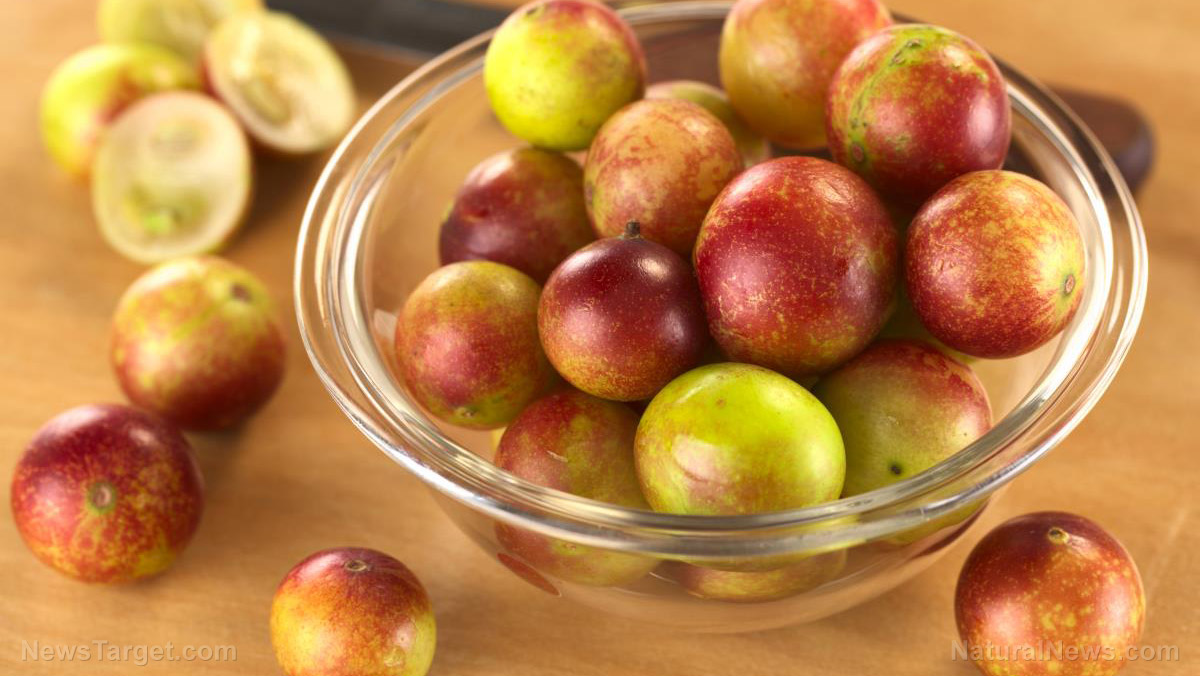Black cumin seeds are great for protecting the pancreas from damage that may lead to diabetes
08/25/2019 / By Melissa Smith

Black cumin seed (Nigella sativa) is a traditional medicine that “remedies all but death.” Today, various studies have been conducted on black cumin to prove its health benefits. Studies revealed that black cumin seed oil speeds up wound healing and protects against pancreatic damage that can lead to diabetes.
A study published in the International Journal of Preventive Medicine looked at the effect of black cumin oil on wound healing in diabetic rats. For this study, the researchers studied seven groups of rats: control (nondiabetic untreated), sham (nondiabetic Eucerin-treated) nondiabetic phenytoin-treated, diabetic untreated, and three diabetic groups treated with phenytoin and 20 or 40 percent hydroethanolic black cumin extracts. Eucerin is a cosmetic skin product, while phenytoin is used for seizures and healing wounds.
The researchers found that treating diabetic rats with 40 percent black cumin seed extract healed the inflicted wounds of the animals almost twice as fast at the control group. It was closely followed by the 20 percent extract used on diabetic rats. Although the beneficial mechanism of the wound healing promotion was not specifically studied, it is believed that the anti-inflammatory and antimicrobial properties of black cumin played a key role in this enhanced wound healing.
Black cumin prevents pancreatic damage leading to diabetes
Another study, which was published in the journal Folia Morphologica, looked at the effects of virgin olive oil and black cumin seed oil on the pancreas. The study found that both oils protect the pancreas and preserve the pancreatic beta cells that make insulin.
For the study, the researchers examined four groups of rats. Three groups were fed a high-fat diet to induce hyperlipidemia, which is high blood lipids that can lead to pancreatitis or a damaged pancreas. One of the three groups forced into hyperlipidemia was not given either virgin olive oil or black cumin seed oil. Another group was fed virgin olive oil, while the third group received black cumin seed powder. The fourth group served as the control and consumed only normal rat chow.
Earlier research has revealed that both virgin olive oil and black cumin seed oil prevented pancreatic damage and protected pancreatic beta-cell integrity. This eight-week study confirmed those studies.
The results demonstrated that black cumin seed was even more protective. The pancreas of hyperlipidemic rats supplemented with black cumin seed had nearly similar pancreas to the control group. The beta cells also appeared with normal density.
It could also improve blood sugar and cholesterol levels in people with diabetes. A review published in the journal Complementary Therapies in Medicine looked at previously published studies on the use of black cumin for diabetes in diabetic models.
Other health benefits of black cumin seed oil
Thymoquinone is the main active ingredient in black cumin seeds. It makes up a third to almost half of the content of black cumin seed oil. It strengthens the immune system and helps with breathing by expanding the lung’s bronchi.
Thymoquinone can also reduce histamine levels in the body, protect the liver, and defend the gastrointestinal mucosa from irritating agents. It also has anti-diabetic, anti-hypertensive, anti-inflammatory, anti-tumor, and antimicrobial properties. (Related: The research is in: Black cumin seed oil can reverse life-threatening diseases.)
Black cumin also has antioxidant properties, which can fight inflammation in the body and on the skin. It also has potent antifungal activity against Candida albicans – yeast that can overgrow in the body and lead to candidiasis.
You can add black cumin to your dishes in many ways. You can toast the seeds and sprinkle them on flatbreads, bagels, or biscuits; add them to soups, stir-fries, and curries; or grind them and mix them with other seasonings. Black cumin seed oil is also available in many health stores in capsule form for daily consumption and as an oil that can be applied topically on the skin or taken by the spoonful.
Sources include:
Submit a correction >>
Tagged Under:
This article may contain statements that reflect the opinion of the author
RECENT NEWS & ARTICLES
COPYRIGHT © 2017 SUPER FOODS NEWS





















